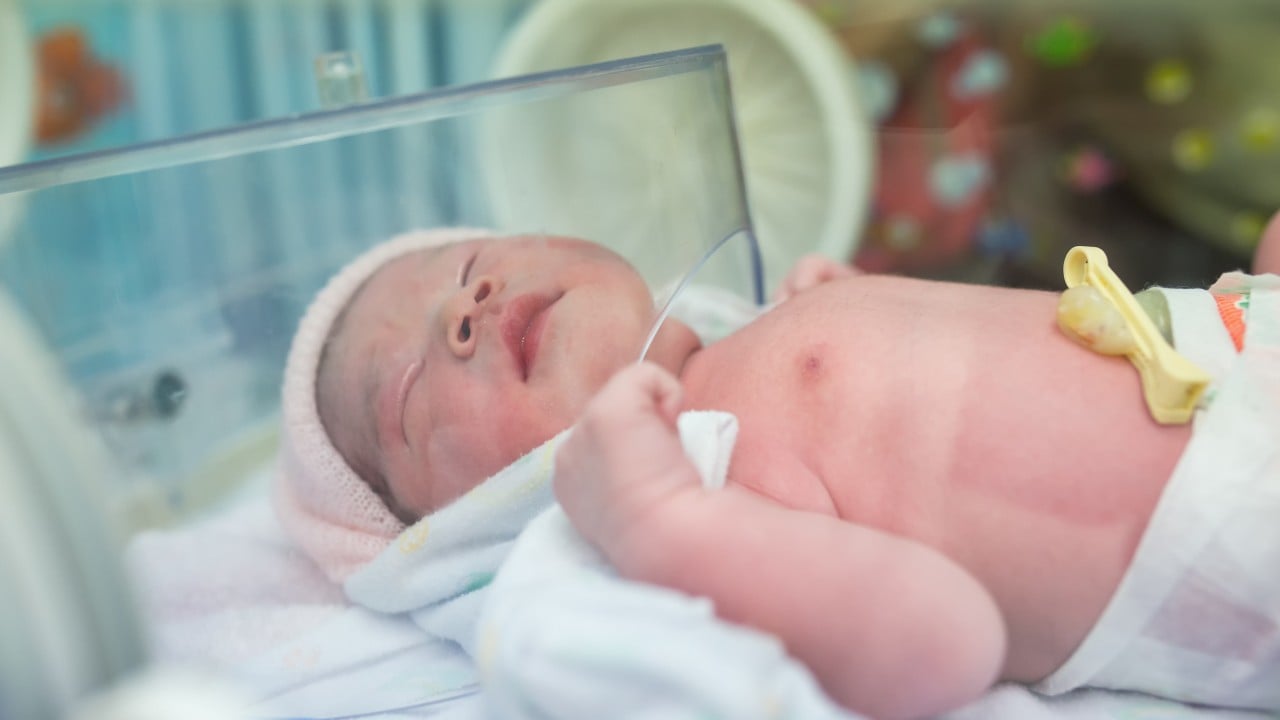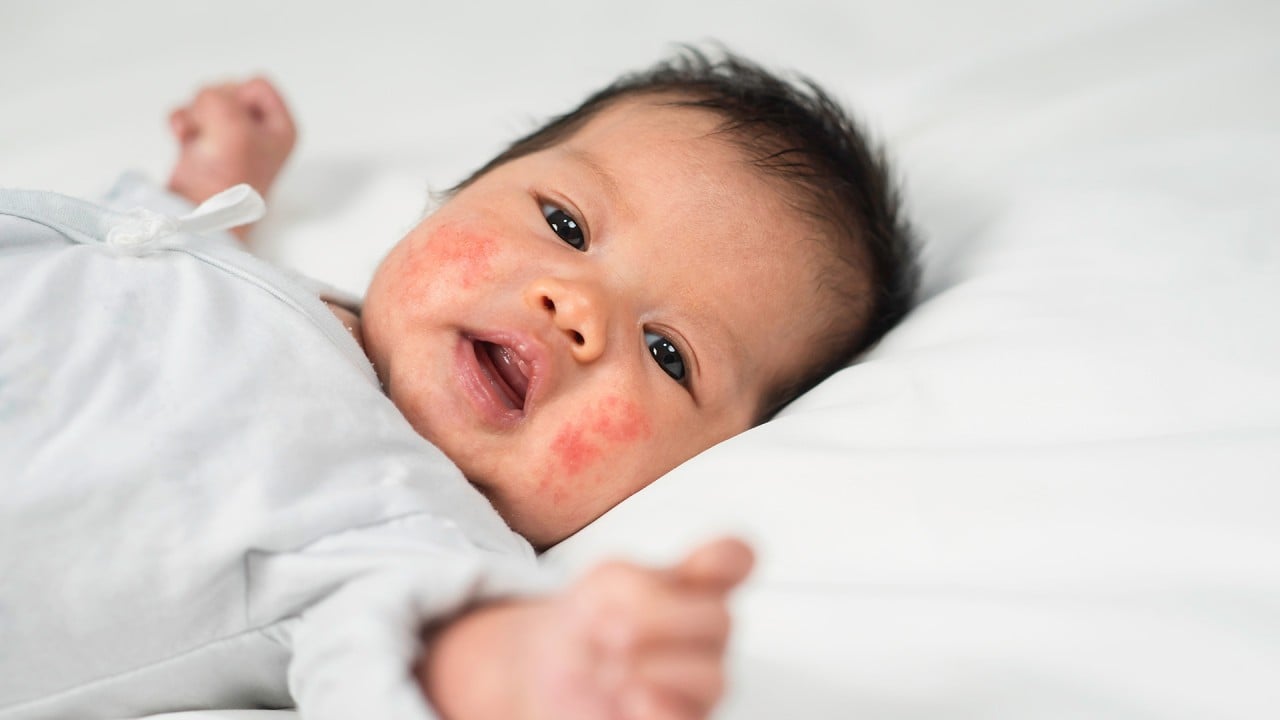Life-saving treatments for newborns suffering from sepsis are becoming dangerously ineffective across Southeast Asia, according to new research, with experts warning that drug-resistant bacteria are putting thousands of infants at risk.
Advertisement
A study led by the University of Sydney and published in The Lancet this month warns that drug-resistant bacteria are behind nearly 80 per cent of sepsis cases in newborns across five Asian countries: Malaysia, Indonesia, Vietnam, the Philippines and Sri Lanka.
Sepsis occurs when the body’s immune system has an extreme reaction to infection, which can lead to organ failure or death.
The team analysed more than 15,000 blood samples from newborns in the five countries and concluded that the vast majority of infections were caused by a type of bacteria likely resistant to current treatments.
Researchers said the findings from the five countries, which each have high rates of sepsis in newborns, highlight the urgent need to develop new drugs to combat the issue.
Advertisement
“We are running out of effective treatments for babies with invasive infections,” Michelle Harrison, one of the study’s authors, told This Week in Asia.


